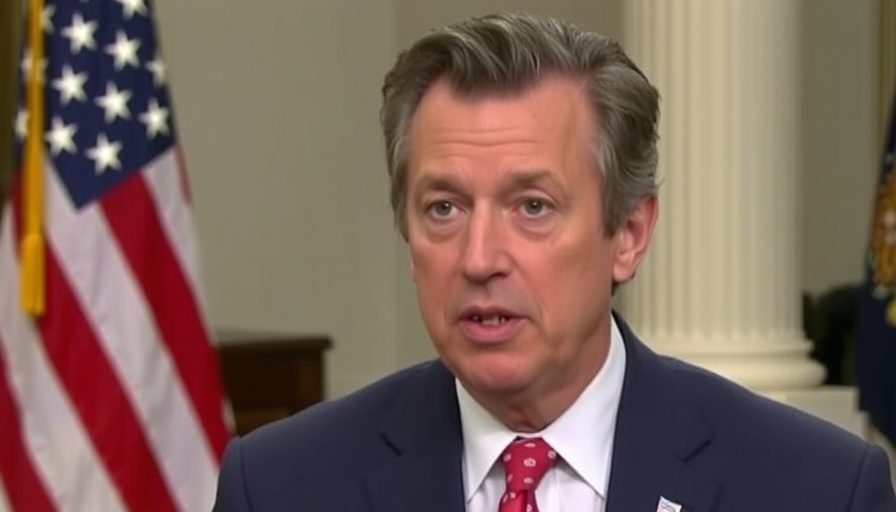
America's Current Political Climate: A Shift in Discourse
In a recent expression of concern, Congressman Stephen Lynch of Massachusetts has drawn attention to the rising "vitriol and cruelty" in American public discourse, particularly in light of the tragic assassination of conservative activist Charlie Kirk. Lynch, reflecting on past political violence that he witnessed during his childhood—the assassinations of President John F. Kennedy, Robert F. Kennedy, and Martin Luther King Jr.—noted a disturbing transformation in the way political discussions unfold today. He emphasized how social media amplifies negative discourse, saying, “This is different, we’re seeing the vitriol and cruelty that we see on social media widely disseminated.”
Understanding the Mental Health Impacts
The emotional toll of such violent acts resonates deeply, not just politically but through societal lenses. With heightened exposure to negative narratives, the impact on mental health becomes significant. Experts have called for recognizing these effects, particularly how graphic depictions of violence can affect public perception and individual mental health. In Lynch's view, the need for constructive dialogue remains paramount, even as discussions of political violence dominate the public sphere.
Calls for Open Dialogue Amidst Chaos
Despite the turbulent atmosphere, Lynch insists on the importance of maintaining open channels of communication, particularly in cases where political views differ widely. He asserts, “I’ve gotta be out there and so it’s one of the hazards of the job these days.” Conversations about political violence and unrest are necessary as they provide a foundation for understanding the complexities of democracy and the public’s concerns.
Historical Context and a Path Forward
Situating current events within a historic framework can illuminate how far society has come—or regressed—in terms of political discourse. Lynch's invocation of past political turmoil serves as a reminder of the cyclical nature of violence and antagonism in politics. As communities grapple with these challenges, a concerted effort towards fostering empathy and constructive debate may pave the way for healing.
Conclusion: Taking Action Through Awareness
To address the complexities of today’s political landscape, it is crucial to engage with one another thoughtfully and respectfully. As Lynch charges into the conversation, local communities can also play an active role in promoting dialogue and understanding amidst the chaos. By staying informed and participating in discussions—whether in community forums or social media—Boston residents can contribute to a healthier discourse that prioritizes compassion over animosity.
 Add Row
Add Row  Add
Add 




Write A Comment